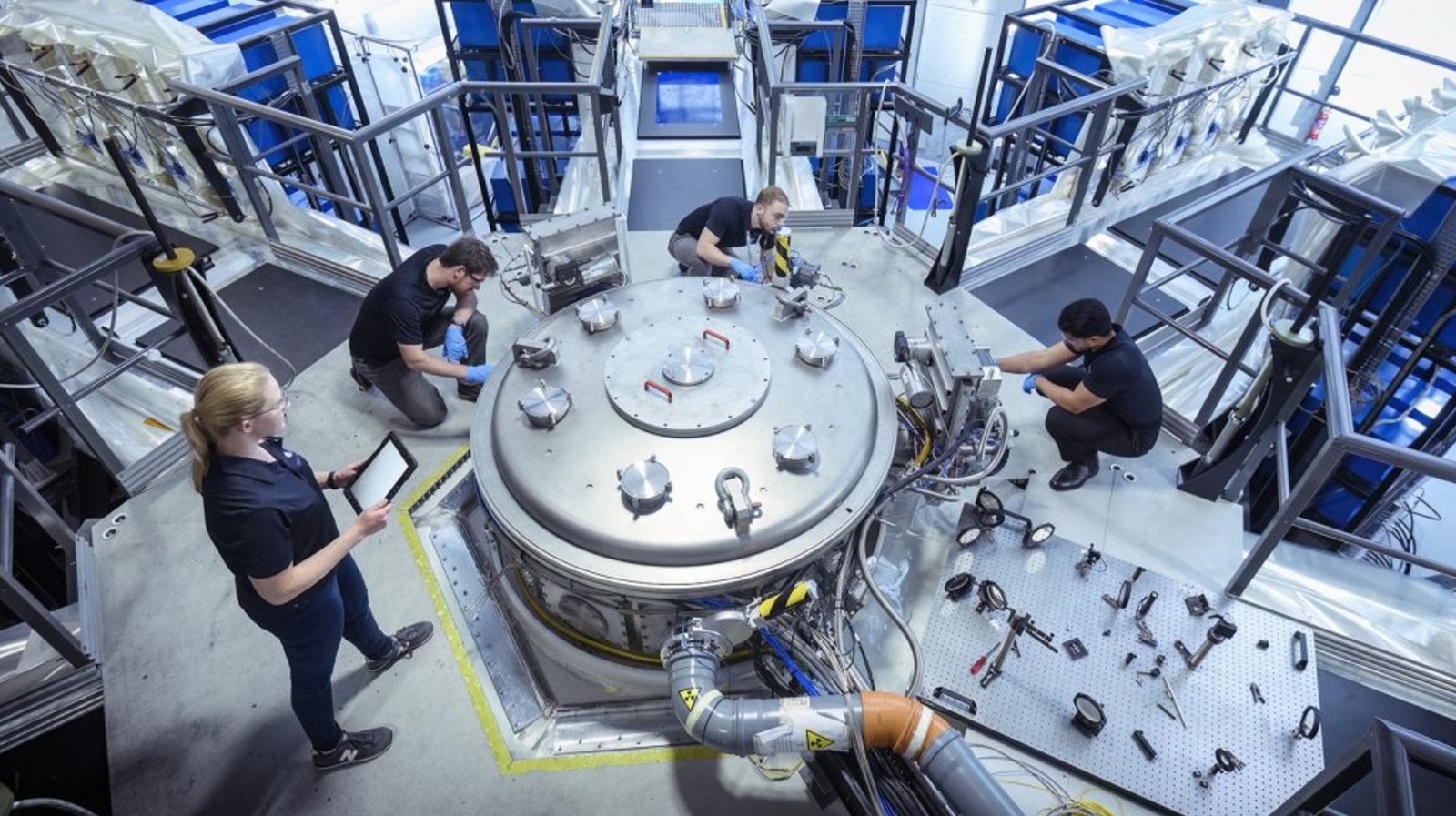Across Europe, a significant effort is underway to address the issue of soil pollution that has long remained beneath the surface. Recent initiatives have highlighted the harmful effects of contaminants such as per- and polyfluoroalkyl substances (PFAS). Citizens and scientists are coming together to unveil a hidden legacy of contamination that poses risks to public health and the environment.
In Denmark, the country is facing its first major PFAS crisis. The chemical compounds, commonly found in consumer products, have been linked to various health problems. The Danish Environmental Protection Agency reported that soil contamination is affecting drinking water supplies, prompting immediate action. As of 2023, Denmark is implementing stricter regulations and cleanup initiatives to mitigate the impact of these harmful substances.
Innovative Soil Mapping Initiatives
In response to the growing awareness of soil pollution, several European nations are launching advanced soil mapping initiatives. Countries like Norway, Germany, and France are leading the way in developing technologies that allow for the precise identification of contaminated sites. These mapping efforts aim to create comprehensive databases that can guide remediation strategies and inform policymakers.
According to a study published by the European Union, approximately 1.5 million sites across Europe are potentially contaminated. As these mapping projects progress, they provide invaluable data that can help target cleanup efforts more effectively. For instance, in France, researchers have begun utilizing satellite imagery alongside ground surveys to identify pollution hotspots. This innovative approach is expected to enhance the accuracy and efficiency of soil assessments.
The collaboration between scientists and local communities is proving crucial in the fight against soil pollution. Citizens are becoming more involved, advocating for transparency and accountability from both governmental and industrial entities. This grassroots movement is pushing for reforms that prioritize health and environmental protection.
The Path Forward
As the continent grapples with its legacy of soil contamination, the need for coordinated action becomes more apparent. European leaders are recognizing the urgency of addressing environmental issues that affect public health. The establishment of new policies and funding for research into soil remediation is on the agenda for several upcoming EU meetings.
Moreover, international cooperation is essential in tackling this widespread problem. Sharing knowledge and successful practices among nations will strengthen strategies for combating soil pollution. The European Union’s commitment to a greener future includes addressing the invisible threats lurking beneath the soil.
In summary, Europe is actively confronting a pressing environmental challenge. Through innovative mapping initiatives and increased public engagement, the continent is taking significant steps toward understanding and resolving the issue of soil pollution. As countries work together, the hope is to create a cleaner, safer environment for all citizens.







